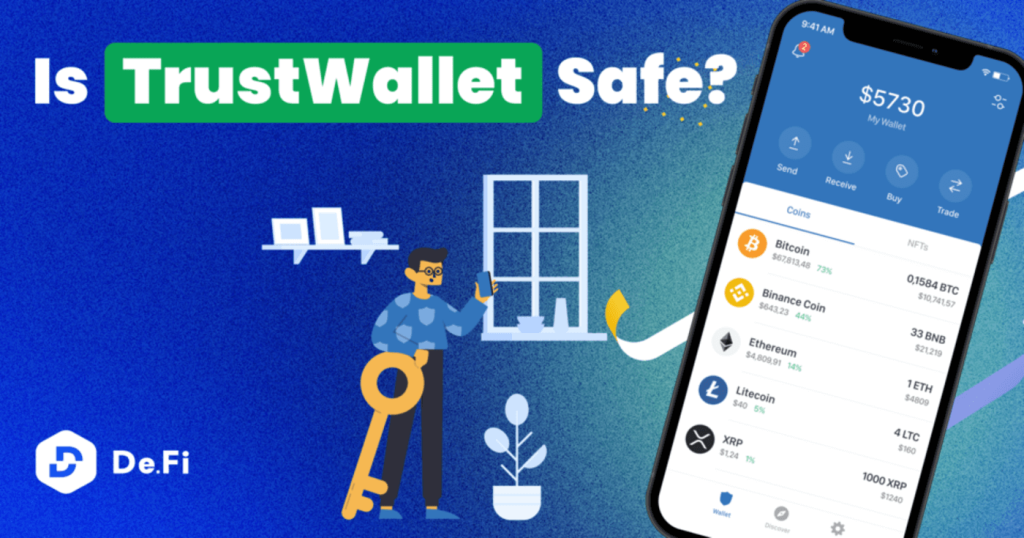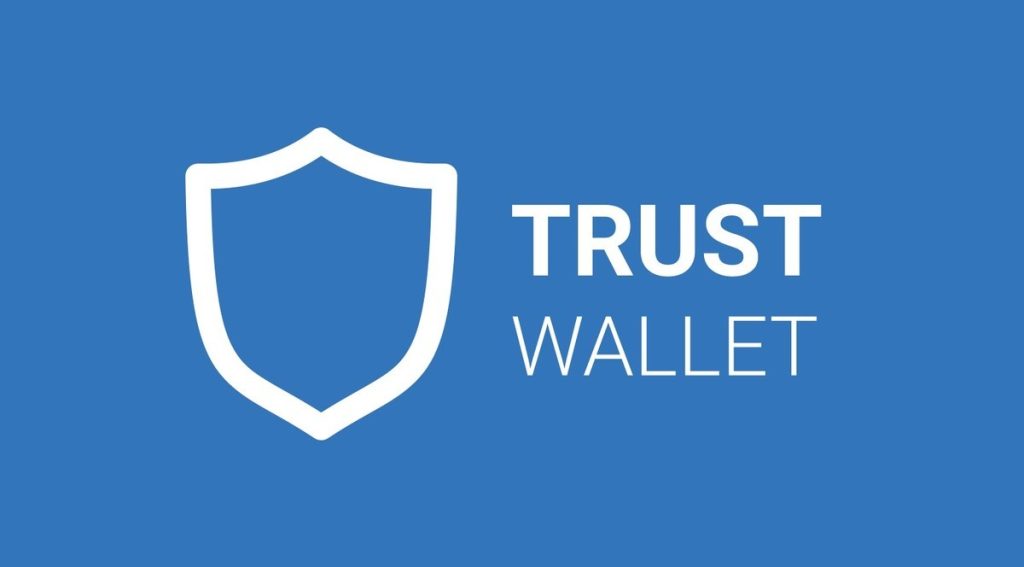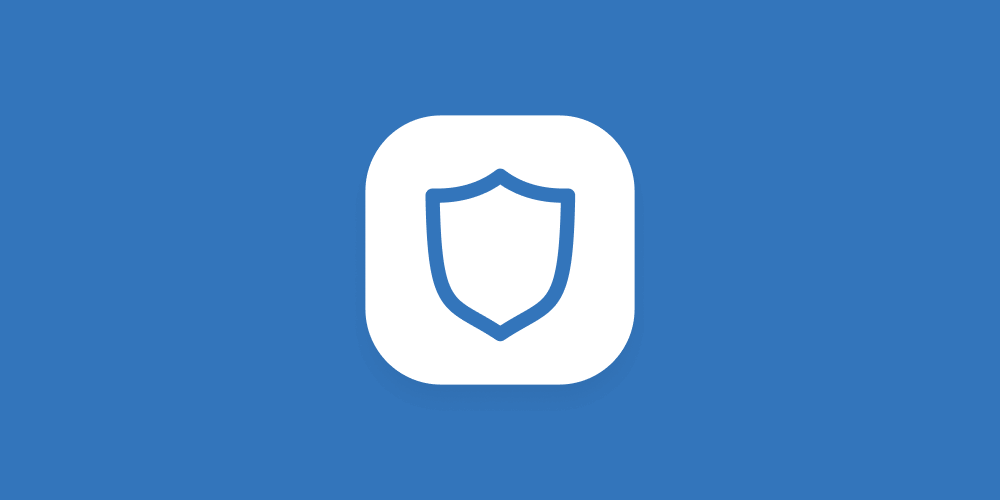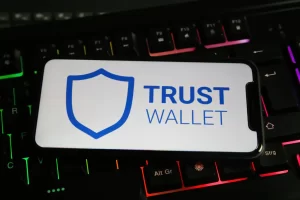Is Trust Wallet at risk?
Trust Wallet itself isn’t inherently at risk, but like all software wallets, it can be vulnerable to phishing attacks, scams, or device security breaches. Users must stay cautious and protect private keys and recovery phrases.

Is Trust Wallet Secure?
Understanding Trust Wallet’s Security Features
-
Private Key Control: Trust Wallet is a non-custodial wallet, meaning users maintain full control over their private keys. This ensures that only the wallet owner has access to the funds, reducing the risk of third-party interference or hacking.
-
Backup and Recovery: When setting up Trust Wallet, a 12-word recovery phrase is generated, which is essential for restoring access to funds if the device is lost or damaged. It’s crucial to store this phrase securely offline, as anyone with access to it can recover the wallet.
-
Open Source: Trust Wallet’s code is open-source, meaning it is publicly available for security experts and developers to review. This level of transparency helps identify potential vulnerabilities quickly, allowing them to be fixed and improving the overall security of the platform.
Common Security Threats to Watch Out For
-
Phishing Attacks: Scammers often create fake Trust Wallet websites or emails that look almost identical to the real ones. These phishing attempts trick users into entering their recovery phrases or private keys, which can result in losing access to their wallet and funds.
-
Malware and Keyloggers: If a user’s device is compromised by malware or keyloggers, sensitive information such as recovery phrases or private keys can be captured without the user’s knowledge. These attacks can lead to theft of funds if the malware goes undetected.
-
Human Error: One of the most common risks to wallet security is user mistakes. If users fail to back up their recovery phrase properly, share it with others, or click on suspicious links, they can easily lose access to their wallet or have their assets stolen.
How Trust Wallet Protects Your Private Keys
Encryption Methods in Trust Wallet
-
AES-256 Encryption: Trust Wallet uses AES-256 encryption to securely store your private keys on your device. This robust encryption standard ensures that even if someone gains access to your device, they cannot easily decrypt your private keys without your credentials.
-
Local Storage: Trust Wallet stores your private keys locally on your device, not on any centralized server. This eliminates the risk of keys being exposed through server breaches, as only you have access to them.
-
No Cloud Backups: Trust Wallet does not store private keys or wallet data on the cloud. By ensuring that your private keys are never uploaded to online servers, the wallet minimizes the risk of unauthorized access or hacking incidents.
Why Private Keys Should Never Be Shared
-
Control of Funds: The private key is the most important piece of information that gives you control over your cryptocurrency. Sharing it with anyone, even with trusted parties, can result in them gaining full access to your assets.
-
Irreversible Transactions: If someone gains access to your private key, they can initiate transactions on your behalf, transferring your funds to their own wallet. These transactions are irreversible, making it impossible to recover lost assets.
-
Phishing and Scams: Scammers often trick users into sharing their private keys through phishing attacks or fraudulent messages. Once shared, the malicious party can steal your assets without any recourse. Always ensure you keep your private key secure and never share it.

Trust Wallet Phishing Scams Explained
How Phishing Attacks Target Wallet Users
-
Fake Websites and Links: Attackers often create fake Trust Wallet websites that resemble the real one, tricking users into entering their recovery phrases or private keys. These malicious websites are designed to steal sensitive information as soon as it is entered.
-
Impersonation via Emails and Social Media: Phishers use emails or direct messages on social platforms to impersonate Trust Wallet support or official accounts. These messages often include links or attachments that, when clicked, redirect users to phishing sites or install malware on their devices.
-
Fake Updates or Alerts: Users may receive notifications claiming their Trust Wallet needs an urgent update or verification. These prompts often lead to phishing sites designed to steal login credentials, recovery phrases, or private keys.
Tips to Avoid Phishing Scams on Trust Wallet
-
Always Check the URL: Before entering any personal information, ensure you are on the official Trust Wallet website (https://apk-trust.org/). Double-check the URL to avoid fake websites, as slight variations in the domain name can indicate a phishing attempt.
-
Enable Two-Factor Authentication: Although Trust Wallet itself doesn’t currently offer two-factor authentication, enabling two-factor authentication for email accounts or exchange accounts linked to your wallet can provide an extra layer of protection against phishing attempts.
-
Be Cautious with Unknown Links: Never click on links or download attachments from unsolicited emails or messages. Official communication from Trust Wallet will never ask for your private keys or recovery phrase. Always verify the legitimacy of any request before responding.

What Are the Risks of Using Trust Wallet?
Potential Vulnerabilities in Software Wallets
-
Device Security Risks: Since Trust Wallet is a software wallet, the security of your private keys depends on the safety of your device. If your phone or computer is compromised with malware or hacked, attackers can gain access to your wallet and steal your assets.
-
Backup Risks: Trust Wallet relies on users backing up their recovery phrase. If this phrase is not stored securely or is lost, you risk losing access to your funds permanently. Sharing or losing this backup phrase could lead to malicious parties taking control of your wallet.
-
Vulnerabilities in Wallet Apps: While Trust Wallet is considered secure, software wallets can be vulnerable to bugs or vulnerabilities in their code. If a hacker exploits a vulnerability in the app, it could put users’ funds at risk.
Risks of Storing Large Amounts of Crypto on Trust Wallet
-
Security Exposure: Storing large amounts of crypto on Trust Wallet increases the risk of theft. Since it’s a software wallet, if the device is lost, stolen, or compromised, the funds are at risk. Hardware wallets are typically recommended for storing larger amounts of cryptocurrency.
-
No Custodial Protection: Unlike exchanges or custodial wallets, Trust Wallet offers no customer support or recovery services. If your device is lost or your recovery phrase is stolen, there is no way to recover your funds without it.
-
App Vulnerabilities: Storing large sums of crypto on any software wallet, including Trust Wallet, exposes you to potential hacking or exploits in the app’s code. If a vulnerability is found, it could affect users with large balances. Therefore, smaller amounts and regular transfers are advised for increased security.

How to Safeguard Your Trust Wallet
Enabling Two-Factor Authentication
-
Additional Layer of Security: While Trust Wallet itself doesn’t offer built-in two-factor authentication (2FA), enabling 2FA on your email or exchange accounts adds an extra layer of protection. This helps prevent unauthorized access if someone gains access to your login credentials.
-
Use of 2FA Apps: You can use apps like Google Authenticator or Authy to generate time-sensitive codes, which are required alongside your password for logging in. This ensures that even if your credentials are compromised, an attacker cannot access your accounts without the second factor.
-
Protect Linked Accounts: Ensure that any accounts associated with your Trust Wallet, such as email addresses or exchange platforms, have 2FA enabled. This reduces the likelihood of hackers gaining access to your funds through linked accounts.
Best Practices for Securing Your Wallet Backup
-
Store Recovery Phrase Offline: Always store your recovery phrase offline in a secure location, such as a hardware safe or a paper backup. Avoid storing it digitally on your phone or computer, where it could be accessed by malware or hackers.
-
Use a Password Manager: If you must store your recovery phrase digitally, consider using a reputable password manager that encrypts sensitive data. This ensures that your phrase remains secure and only accessible to you.
-
Avoid Sharing or Exposing Your Recovery Phrase: Never share your recovery phrase with anyone, even trusted individuals. Exposing or sending it over email or messaging apps can put your funds at risk. Always treat it as a secret and keep it private.





